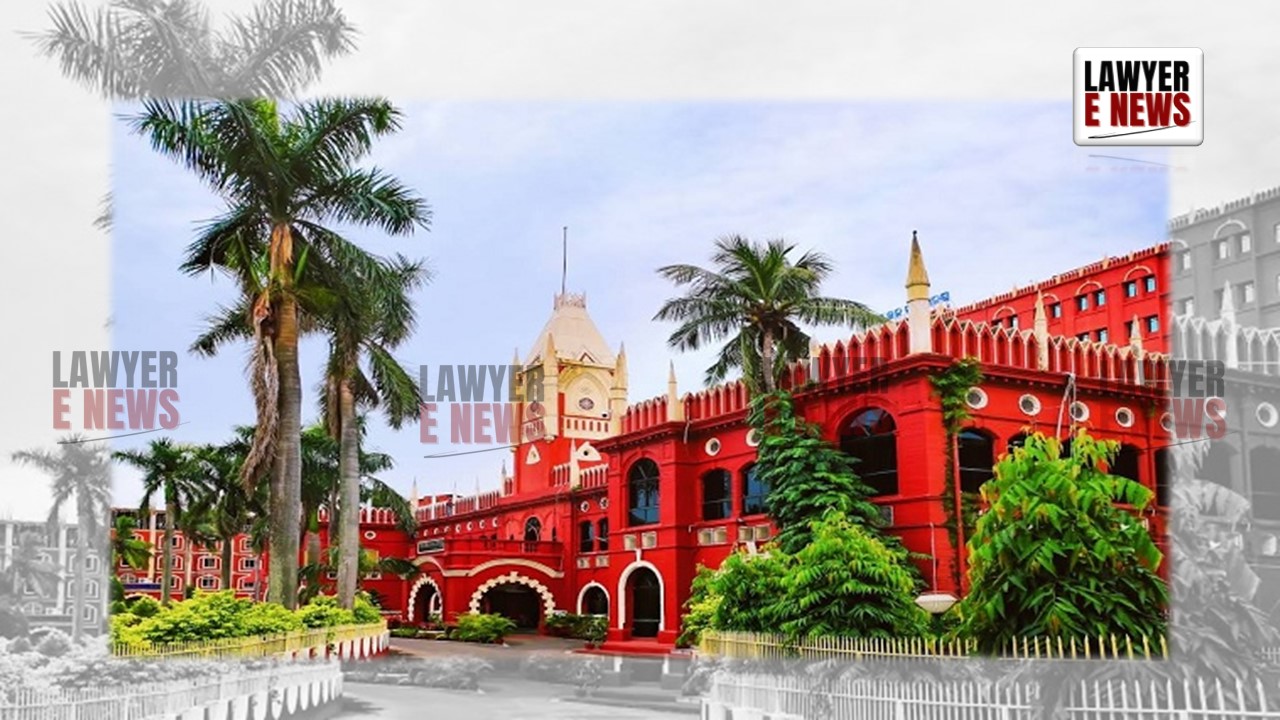-
by Admin
15 February 2026 5:01 PM



Orissa High Court delivered a significant ruling in Kondula Laxmi Narayana v. The Agency Marketing Co-operative Society Ltd., setting aside an ex-parte decree against the cooperative society. This order, issued by Justice Murahari Sri Raman, vacates a previous decision made by the Civil Judge (Senior Division), Berhampur, which had granted the petitioner a default judgment due to the non-appearance of the society in a financial dispute. The High Court's decision reinforces the principle that substituted service alone cannot establish proper notice and entitles the defendant to a liberal interpretation of "sufficient cause" under procedural law.
In 2001, petitioner Kondula Laxmi Narayana, a trader, filed a money suit (M.S. No. 59 of 2001) against The Agency Marketing Co-operative Society Ltd., seeking recovery of dues. The Civil Judge ruled in favor of the petitioner on November 28, 2003, after the society failed to appear in court, awarding Rs.16,42,500 with 9% interest per annum. The petitioner cited service of summons by newspaper publication as notice to the society.
In 2004, the cooperative society filed an application under Order IX, Rule 13 of the Code of Civil Procedure (CPC), accompanied by a request to condone the delay under Section 5 of the Limitation Act. They argued that they were not aware of the suit due to an internal administrative conflict, resulting in a delay in responding to the summons. On February 27, 2007, the Civil Judge set aside the ex-parte decree, granting the society's application and condoning the delay, leading to this revision petition by the petitioner.
Sufficiency of Substituted Service: Justice Raman emphasized that the use of substituted service, such as newspaper publication, does not conclusively establish that the defendant had actual knowledge of the proceedings. Citing procedural norms under Order V, Rule 20, the court held that substituted service is effective only when the defendant’s absence appears intentional to avoid the summons, which was not demonstrated here.
Liberal Interpretation of “Sufficient Cause” for Delay: The court referred to Supreme Court precedents, including Parimal v. Veena, affirming that courts should adopt a liberal approach toward condoning delays, especially in the context of ex-parte orders. The court found that the cooperative society’s new administrative leadership, which had to retrieve essential records under challenging circumstances, constituted “sufficient cause” for failing to respond promptly.
Justification of Condonation of Delay: Article 123 of the Limitation Act specifies that the period for applying to set aside an ex-parte decree begins upon knowledge of the decree, not the date of the decree itself if service was by publication. Justice Raman underscored that the society acted diligently upon learning of the suit’s outcome through internal discussions and that the delay was not due to negligence.
Protection of Parties’ Right to a Fair Hearing: Emphasizing procedural fairness, the court observed that allowing the petitioner to enforce a judgment obtained through substituted service, without giving the society a meaningful chance to defend, would be inequitable. The court highlighted that judicial discretion under Order IX, Rule 13 must ensure parties have adequate opportunity to contest cases on merit.
The High Court’s order affirmed the decision to set aside the ex-parte decree and to condone the delay in the society's application. This ruling underscores that substituted service cannot substitute actual knowledge of the legal proceedings and reinforces liberal interpretation principles in condoning delays to promote substantive justice.
This decision strengthens defendants’ rights under procedural law to contest ex-parte judgments, particularly in cases where knowledge of proceedings is unclear due to substituted service. The judgment serves as a reminder for trial courts to carefully assess whether substituted service provides sufficient notice before issuing default judgments, upholding fairness in civil litigation.
Decision Date: November 8, 2024
